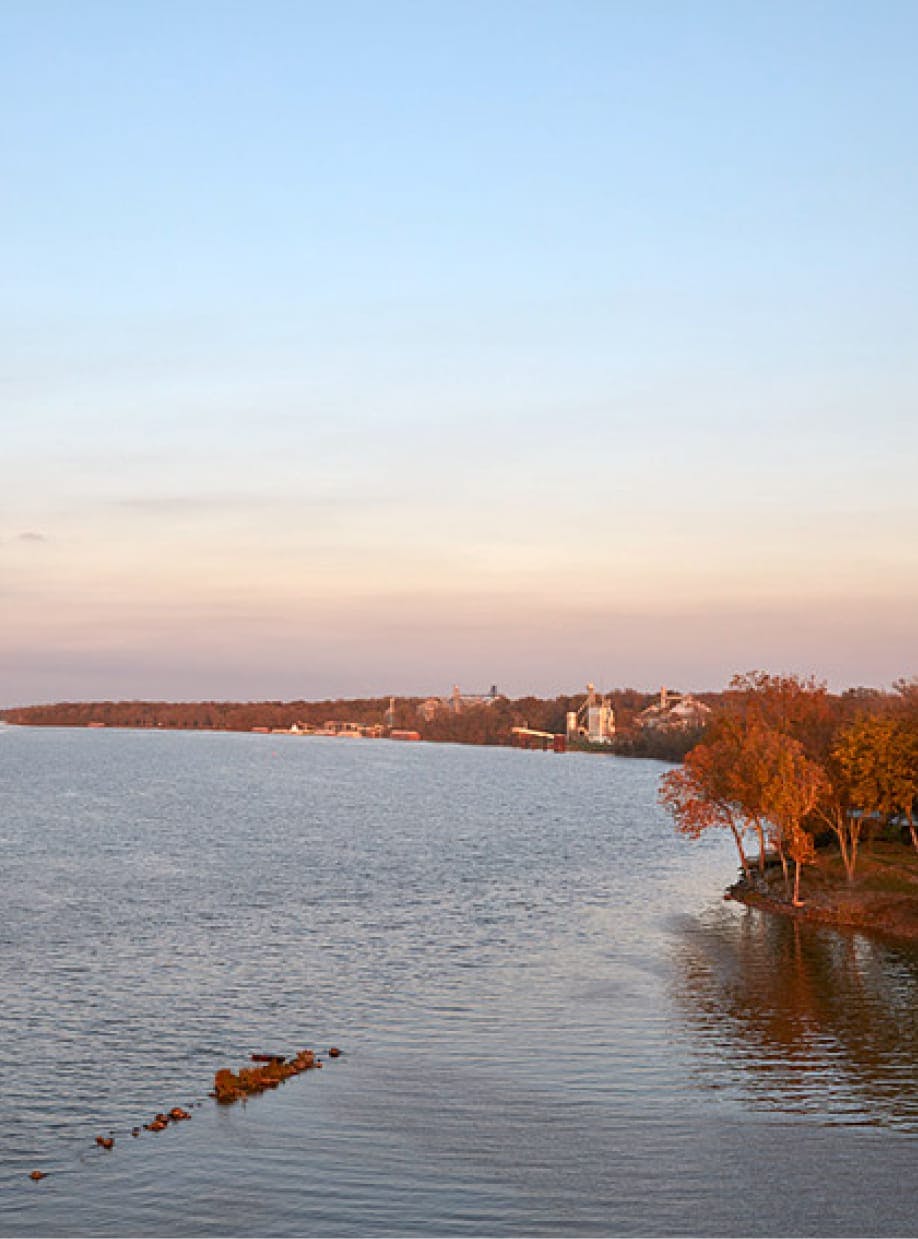The EPA’s general goal is to protect human and environmental health. To do so, they’ve established a plethora of laws and regulations over the years. Unfortunately, there are instances when these laws are broken, whether unintentionally or otherwise. When this happens, unsuspecting communities can face life-changing consequences.

Advocating for Victims of Environmental Pollution
At McMath Woods, our attorneys became involved in environmental litigation around the time of the EPA’s founding. We represented neighbors of the Vertac facility in Jacksonville, Arkansas, which made herbicides during the Vietnam War. Due to the burial of dioxin-contaminated drums, Vertac is now known as one of the nation’s most hazardous waste sites. Environmental litigation is even more complex today as regulations change and accidents happen. If you’ve been injured because of preventable environmental pollution, you may have the right to seek compensation for your suffering. A Little Rock environmental lawyer may be able to help you achieve this. To learn more about your rights, let’s look at the ins and outs of environmental law.
What Is Environmental Law?
Environmental law, as discussed above, is a relatively new legal sector. In general terms, it refers to the protection of our natural resources and the regulations that impact them. This broad area of law encompasses a variety of issues involving the environment, including water and air quality, waste management, hazardous waste, species protection, wetlands, energy sources, and more.
As environmental lawyers, our day-to-day duties vary. We may meet with clients, research environmental legal developments, and educate the public about environmental law.
When we’re working with individuals and communities on a case, we often take the following steps to help them prove their case:
- Analyze a variety of data on the environmental issue at hand
- Talk with experts about the data inside and outside of the courtroom
- Determine if there is sufficient evidence for a successful case
- Discuss both party’s rights and obligations
- Present a strong and compelling case for our clients
- Assess the damages sustained from the accident and suggest a fair compensation amount
What Types of Cases Fall Under Environmental Law?
While environmental law is broad, most cases fall into specific areas. Below is a list of those categories and specific information on what claims may be involved.
Agricultural Claims
Many of the agricultural claims we see are a result of crop damage. Crop damages may happen if the seeds used are defective or diseased, the fungicides or pesticides used end up harming the target plant, or pesticides from spray drift harm the crops.
The effects related to crop damage can be severe. In addition to affecting the farmer and his income, communities may face shortages they were not expecting. Food shortages can cause grocery prices to rise. If the soil was damaged in addition to the crops, the agriculture produced from that area may not be the same for years.
Oil and Gas Pollution Claims
Oil and gas exploration activities can have a detrimental impact on landowners and their communities. When drilling and fracturing fluids are not properly disposed of, properties, local bodies of water, and groundwater are all at risk of contamination.
Damage caused by oil is not always immediately noticeable, but even if the damage happened decades ago, victims have a right to seek justice.
Groundwater Pollution
Most of our drinking water comes from groundwater, which is found directly below the land’s surface. In addition to human consumption, groundwater is often used for agricultural purposes. Groundwater pollution often results from agricultural, commercial, industrial, or residential sources. It is almost always caused by human activity and is almost always preventable. Groundwater pollution is often serious and possibly life-threatening. Its main effects are on people’s health, the surrounding environment, and the economy.
Individuals who drink contaminated water will likely become ill and may require hospitalization. When contaminated groundwater enters the ecosystem, animals and plants may be negatively impacted. Groundwater pollution also costs individuals, communities, and the government a lot of money to treat and resolve.

Regulatory Claims
Even with the existence of the EPA, there are still instances where guidelines are not strict enough to protect our environment and families. Claims can be made against federal and state government agencies if it is believed they did not develop the proper mandates to protect the environment.


How Can an Arkansas Environmental Lawyer Help?
Since the 1970s, our firm has represented individuals and entire communities in complex litigation involving air pollution, groundwater pollution, pesticide drift, oil and gas pollution, and other environmentally toxic exposures. Our approach is unique because we take on relatively few cases, allowing us the time, energy, and resources to fight for justice for those we represent.
Environmental law matters require a high level of knowledge and experience. With our ever-evolving environmental laws, hiring an attorney willing to put in the long hours and research to stay current in environmental law is important. At McMath Woods, we’ve pioneered environmental litigation and will continue to represent affected residents. If you feel you’re a victim of pollution in Arkansas, our Little Rock environmental attorneys are prepared to help. Contact us today for a free evaluation of your case.
